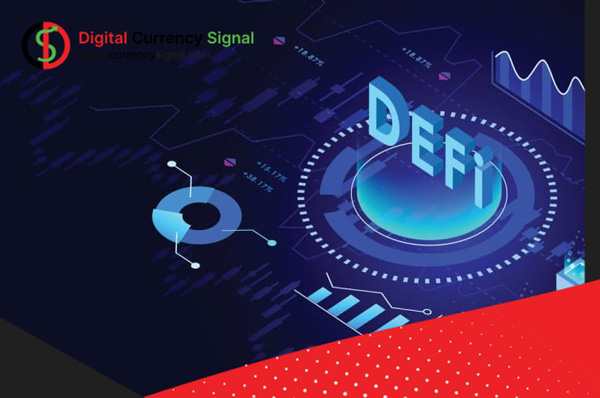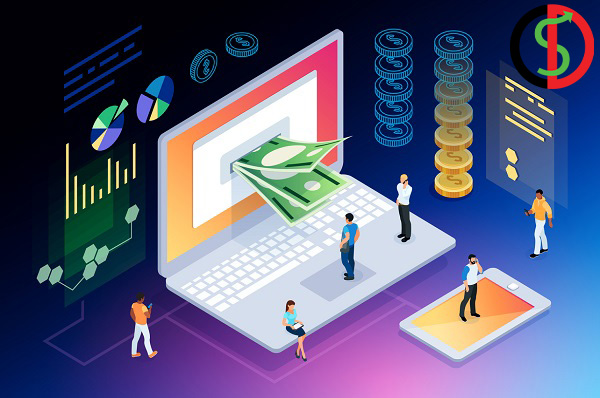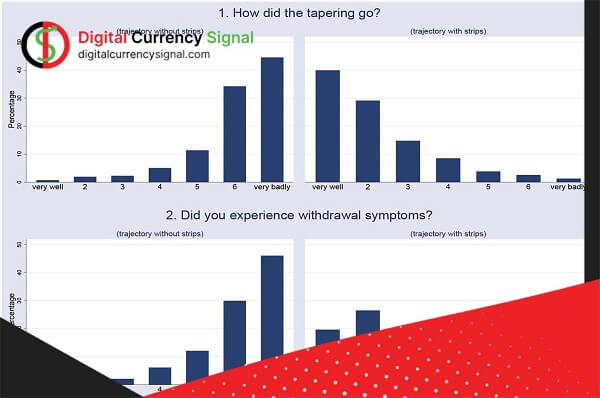Decentralized finance has gained popularity in recent years with the rise of blockchain technology and digital currencies. One of the developments in the DeFi space is the creation of decentralized derivatives. These financial instruments allow users to trade assets without the need for an intermediary such as a bank or broker. Derivatives play a key role in the crypto market, allowing traders to predict future price changes and hedge potential risks.
These financial contracts derive their value from an underlying asset such as a digital currency, allowing investors to benefit from future price changes without owning the asset itself. This model is not unique to the crypto world as it mirrors traditional financial markets where derivatives have long been used for similar purposes.
Linking centralized derivatives and decentralized exchanges
Traded on decentralized exchanges, or DEXs, decentralized derivatives have attracted attention for their ability to operate in a transparent and trustless environment. It works with smart contracts and automatically fulfills the terms of the contract, eliminating the need for mediation. This feature improves the efficiency and security of operations as it eliminates human error or fraud.
Decentralized derivatives can be linked to a variety of assets, including digital currencies and traditional assets such as stocks. The accessibility and flexibility provided by these derivatives has led to their increasing popularity. However, it is important to note that derivatives trading, whether centralized or decentralized, carries inherent risks due to their complex nature and high leverage potential.
Another major advantage of distributed products is the elimination of intermediaries. Through the use of smart contracts, these derivatives can simplify and enforce contract terms, reducing the need for third-party intervention. Not only does this make the process more efficient, but it also allows buyers to keep control of their assets and keys, eliminating the need to move them. to a central platform.
Despite the high level of transparency, the complexity of these measures can lead to significant risks. For example, the potential for high leverage can increase losses, and the volatility of the underlying asset can cause large price swings. Also, smart contracts, while eliminating middlemen, are not immune to bugs or vulnerabilities that could cause the contract to fail.
Also, liquidity can be a concern for decentralized derivatives. The relative newness of DEXs can reduce trading volume and make derivatives trading difficult. Additionally, the user experience on DEXs may not be as seamless as traditional crypto exchanges, which poses challenges for newcomers to the space.
Main features and functions of decentralized derivatives
Derivatives come in many forms, including futures contracts, options contracts, and synthetic assets. These alternatives offer traders unique opportunities to profit from future asset price movements or hedge their positions in a transparent and reliable environment.
Derivatives cannot use the blockchain oracle to accurately track prices and maintain connections to real assets. These issues contribute to the overall reliability of the platform, depending on the level of decentralization, data accuracy and frequency of updates.
Native tokens can also play an important role in the performance of decentralized derivatives protocols. These tokens are often used in decentralized governance models and allow users to participate in the decision-making process. They can also be used as collateral for trading or to incentivize market makers, increasing the overall performance of the platform.
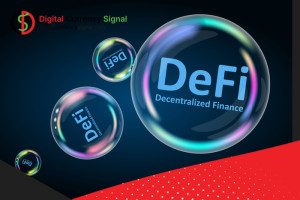
Overview of Popular Decentralized Derivatives Platforms
There are several major decentralized derivatives platforms that have gained popularity in the DeFi landscape due to their innovative offerings and user-friendly interfaces. One such platform is GMX, which has made a significant impact in this space since its inception.
GMX works in a decentralized manner and provides users with transparency and confidence in the trading process. The use of smart contracts helps automate transactions and reduces the need for intermediaries. GMX also offers a variety of strategies that allow users to optimize their strategies and maximize returns.
dYdX is another prominent platform in the decentralized derivatives space. It has carved a niche for itself by providing a hassle-free trading experience with high liquidity and low slippage. The platform offers a wide range of derivative products, including open-ended futures contracts, which are particularly popular among traders. Its high transaction volume shows its popularity and users’ confidence in the safety and reliability of this platform.
Meanwhile, Sood Network is gaining attention for its innovative approach to decentralized derivatives. It offers a unique combination of features including cross-chain compatibility and allows users to trade derivatives across multiple blockchains. The use of native tokens in its governance model also makes the platform more attractive as it allows users to participate in decision-making processes and potentially reap the benefits of platform growth. Other emerging platforms such as Dopex and Lyra are also making waves in the decentralized derivatives market.
Existing problems for decentralized derivatives
As decentralized derivatives continue to gain traction, regulatory concerns and considerations are coming to the fore. The decentralized nature of these derivatives, while offering numerous benefits, creates unique regulatory challenges. Unlike traditional financial markets, which are regulated by established financial institutions, decentralized derivatives operate in a largely unregulated environment.
This lack of regulation can lead to serious risks such as fraud, manipulation and market volatility. Regulators around the world are grappling with how to deal with this new asset class. The main challenge lies in the global and borderless nature of these derivatives, making it difficult to implement traditional regulatory frameworks.
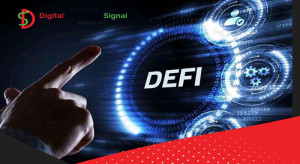
For example, the question of jurisdiction arises – when a transaction involves parties from different countries, which country’s laws should be applied? Additionally, the anonymity offered by blockchain technology can make it difficult to enforce laws and hold parties accountable.

